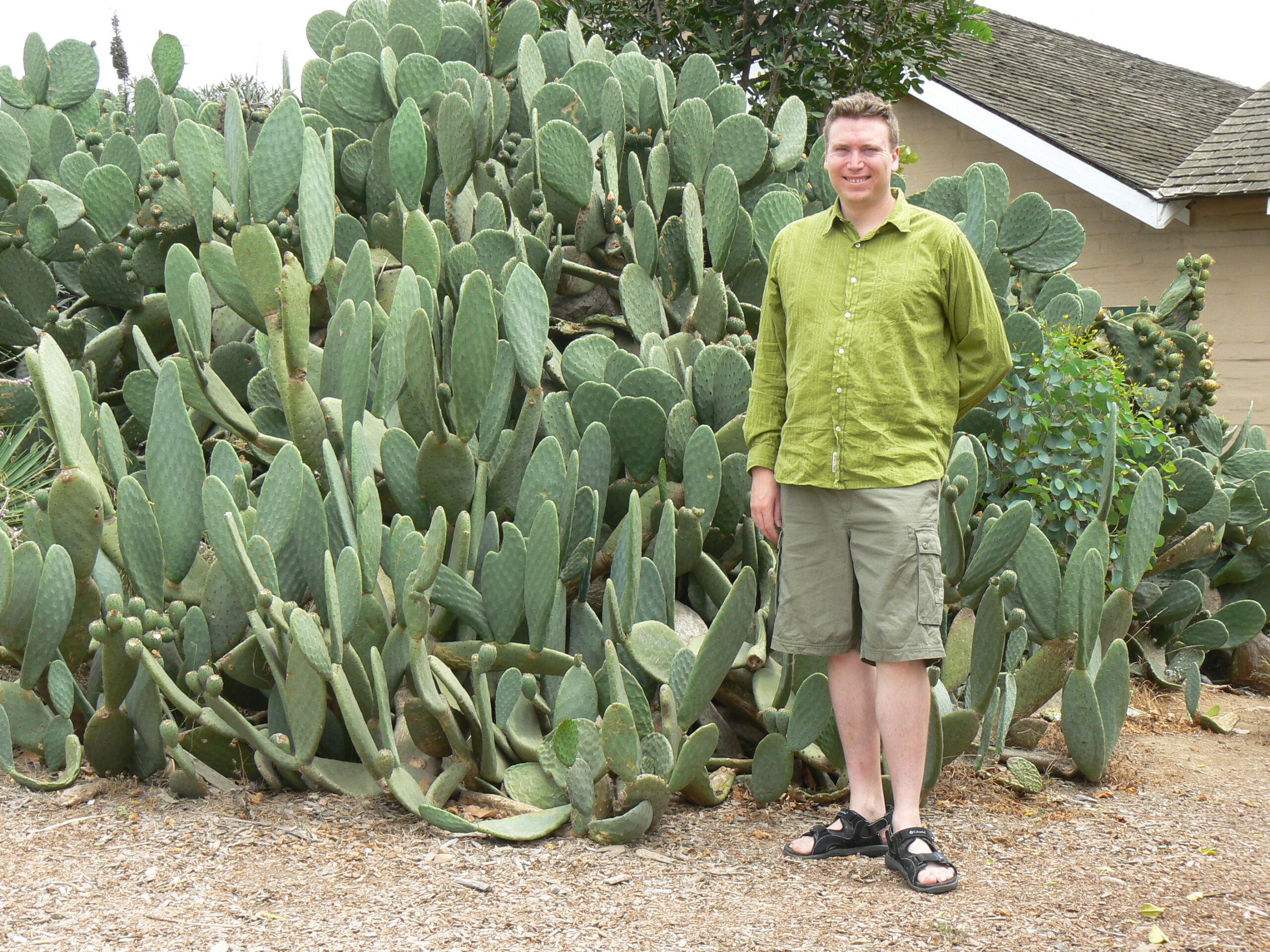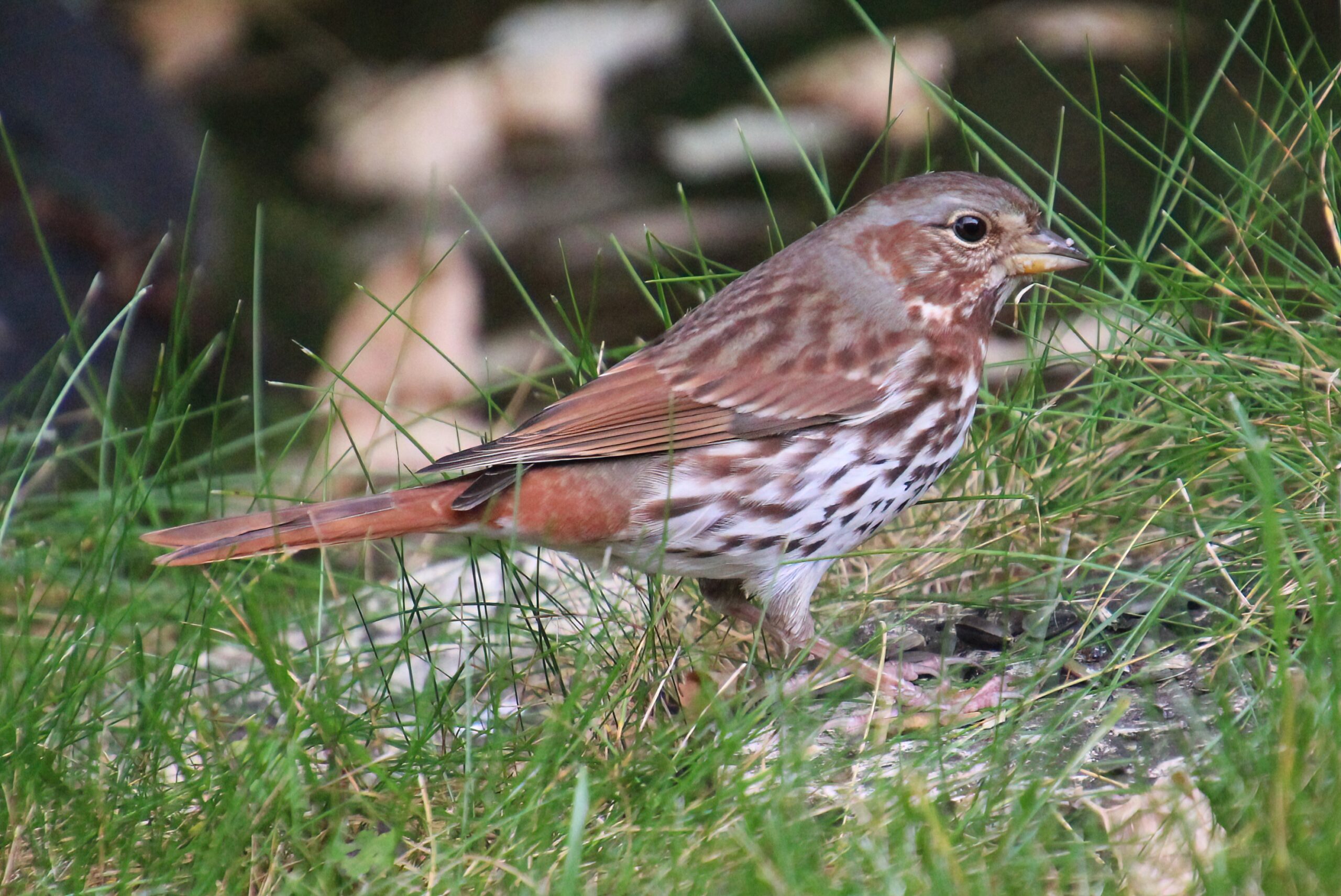For years, I have been classified as a visible minority in Canada, but according to the recent report released by the Association of Canadian Studies, the term “visible minority” may have outlived its usefulness in Canada. So am I “an invisible minority” now? I just wondered!
As a member of the visible minority, one has to get used to whatever label that the majority of society gives you. When I lived Africa, we were branded as Asians and every brown person was lumped together. Whether you were born in Africa of third generation parents, or visiting Africa from India or Pakistan, anyone with brown pigmentation was lumped together as an Asian.
When I immigrated to Canada, I was called an East Indian. In fact, all of us brown people, whether you were from east Africa, Pakistan, India, Fiji or Bangladesh, we were all grouped as East Indians. Pardon my ignorance, but I never knew what the term East Indian meant. There are others who are called West Indians. We on primitive dark content of Africa had never heard of the term.
Whenever I go to a cocktail function or a gathering, someone is bound to ask me the standard question: ” So where are you from?” My friend Sandy, who is from Romania, is never asked his ethnicity, but then he is not brown. I don’t go around asking every white man or woman at a function where they are from but it seems that a brown person has to justify his place of birth. It is automatically taken for granted that he must be from outside Canada. You can’t be from here. What about our children who are born in Canada? Will they also be asked where they come from?
When asked where I’m from, most people are not happy with my response, “I’m Canadian”. I feel like turning around and asking them, “Well, what the hell are you? Are you Canadian? What makes you more Canadian than me that you would question the fact that I’m Canadian?” Because that’s obviously not the response they were wanting. The conversation then goes something like this: “I mean where are you originally from?”
I am understandably resentful of such conversations because when I answer that I am from Tanzania, the next question is: “But you are not an African,” followed by “Why would you leave such a marvelous place, a warm country with beautiful all-year-round beaches to come to this cold country?” I then quickly realize that although Canadians love their country and like some snowy weather once in a while, by January/February they are totally fed up. Most Canadians dream of retiring somewhere warm. They go to Arizona, Florida or Mexico and if they can’t get too far, move to Vancouver where it is said winter is shorter.
After being in the country for a few months, I learnt that there are other Indians in Canada, completely separate and distinct from the east or west Indians. They are the native Indians, who are now called the First Nations people.
Another classification I later on found out was that there was another group called hyphenated Canadians. Even the original white settlers are known as either English-Canadians or French-Canadians. So the hyphen might denote the country of origin – like Italian-Canadian or Iranian-Canadian. Those of us with brown skin were called Indo-Canadians.
Who is a hyphenated Canadian? To me it seems that a hyphenated Canadian is a person who identifies his or her ethnic origin as a Canadian along with the ethic origin of his or her ancestors.
Some would argue that Prime Minister Pierre Trudeau’s policy of multiculturalism created hyphenated identities, perhaps even distorting Canadian identity.
Since the inauguration of multicultural policy in Canada in 1971, the notion of the hyphen, employed to articulate the marriage of ethnic and national identity, and witnessed through identifications like ‘Italian-Canadian’, ‘Japanese-Canadian’ or ‘Somalian-Canadian’, has taken on a particular political, and, at the same time, paradoxical, salience in Canada.
When discussing national “identity,” eventually the “hyphen” comes into the debate. I wonder should it be there, or not? Are we Japanese or Japanese-Canadian, Indian or Indo-Canadian? Or, are we just Canadian? Or, are we all of the above? In the 2001 census, people were asked to identify their ethnic origins; 39% of the respondents chose “Canadian” as their first, and sometimes only, choice.
In the early 1970s, it was fashionable to call people with brown pigmentation Paki, a derogatory term to call brown people which originated from Britain due to the influx of immigrants from Pakistan. In fact, I was called a Paki on the streets of Edmonton in 1974 as if I was some kind of an untouchable with no rights in this country.
Now that the term “Visible minority” has outlived its usefulness, I wish people would stop asking, “Where are you from?” so frequently. Once we get the citizenship, we renounce any affiliation with the former country. We have become Canadians for all intents and purposes and please regard us as such. In order to promote cross-cultural understanding, our education system has to play a major role in eradicating stereotypes and racial generalizations. In the end, we are all Canucks, though we may all complain about the weather and dream of retiring some place warm. As someone wrote, “home is not where your grandfather was born, but where your grandchildren will be buried.”
Visible minority term loses usefulness
In response to Canada's Online News Act and Meta (Facebook and Instagram) removing access to Canada's local news from their platforms, Anchor Media Inc encourages you to get your news directly from your trusted source by bookmarking this site and downloading the Rogue Radio App. Send your news tips, story ideas, pictures, and videos to info@anchormedia.ca.






